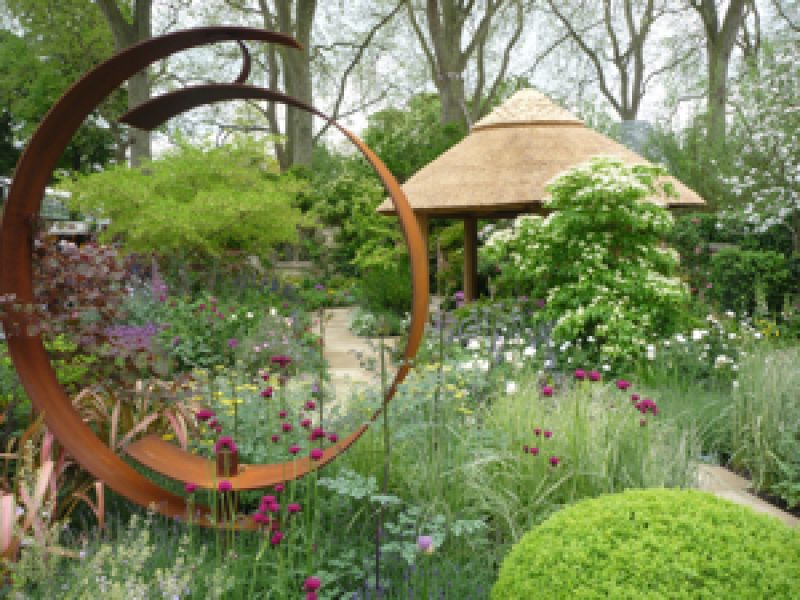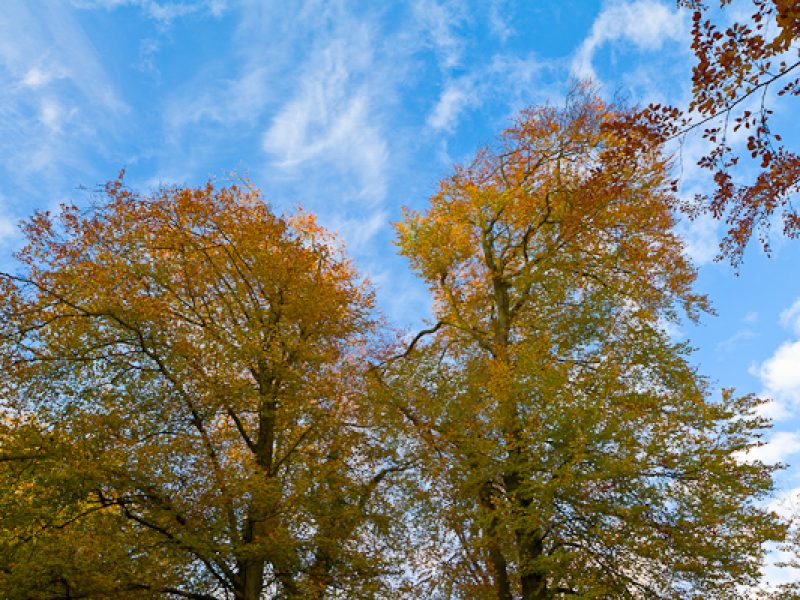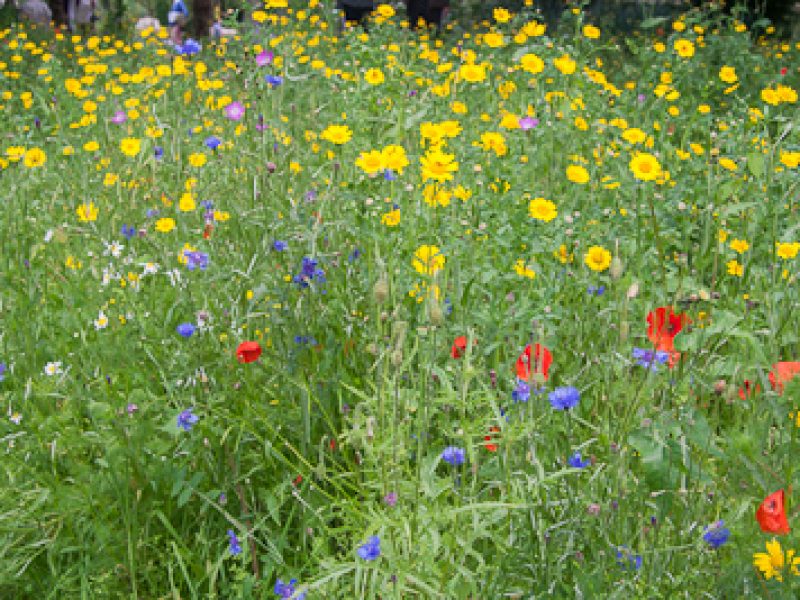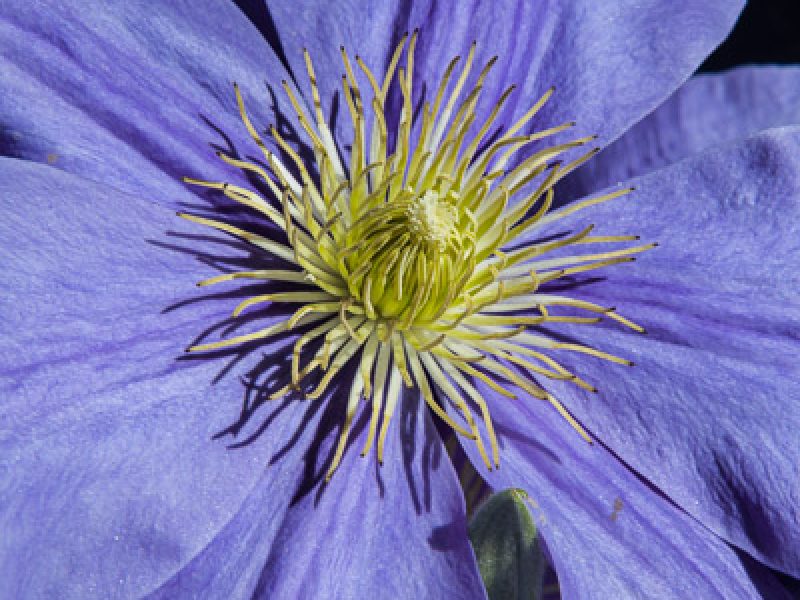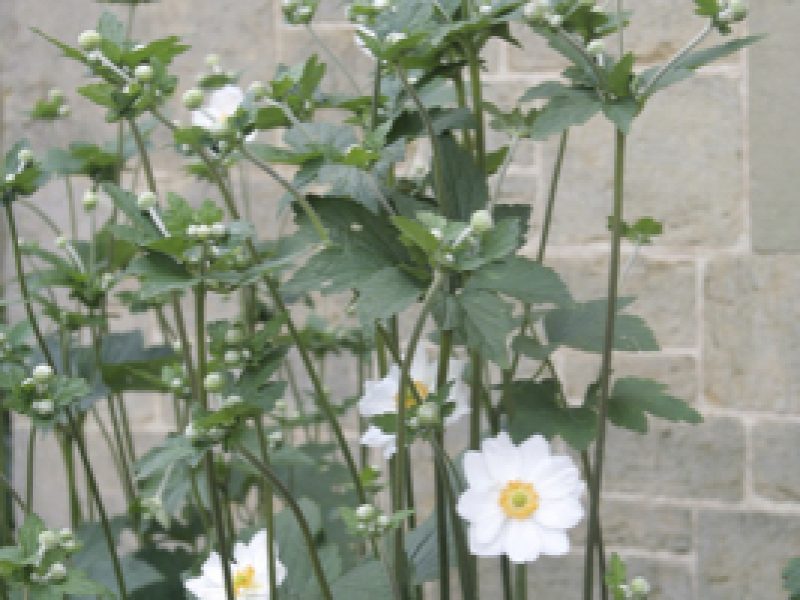
One of the quickest and cheapest ways to fill your garden with a splash of summer colour is to grow hardy annuals. These are flowers which you can sow as seeds directly in to the ground in spring (when the ground has warmed up), and which will reward you with masses of flowers over the summer months. Normally the time to do this is March but this year it’s been so cold there would have been little point! But there’s no time like the present and it would be worth giving this a go now and, all being well, in 12 weeks’ time your garden will be a riot of colour.
Growing annuals is an ideal way to fill gaps in your borders if you have spring or autumn plants which are over or yet to perform, or if you have newly planted borders which are still looking a bit bare and need a bit of oomph (technical term!). They are very useful too to bridge what can be a difficult time between early and late summer flowering when a lot of gardens suffer from a bit of a lull in interest.

Or, if you like to grow flowers for cutting, you can create a simple cutting garden or mini wildflower meadow packed with beautiful annual flowers. And there’s no doubt that encouraging children to grow annuals is the perfect way to get them interested in gardening. All you need is a sunny spot, some well-prepared (weeded and dug over) and well-drained soil, and a handful of seed packets. What could be simpler?!
If you garden on heavy soil, try adding compost and grit to improve drainage. If your soil is light you should be fine – don’t add compost as you don’t want to make the soil too rich; these annuals will prefer a light relatively poor soil.
Here are a few ideas of plants to try:

Eschscholzia californica (Californian poppy)
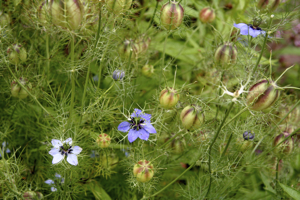
Nigella (Love in a Mist)
Calendula officinalis ‘Indian Prince’ (English Marigold)
Helianthus (sunflowers)
Cerinthe major purpurascens (Honeywort)
Salvia hormium (Clary sage)
Papaver (annual poppies)
Limnanthes (poached-egg flower)

Centaurea cyanus (cornflower)

Nasturtium
Lathyrus (Sweet peas)
What’s more, one advantage of growing annuals like these is that very often they will seed around your garden so you won’t just get to enjoy them this year. They are also great plants to attract beneficial insects in to your garden, and in some cases (Nasturtium and Calendula for example) the flowers are not only beautiful, but edible too.
Need I say more?!

Picture credits: Janet Bligh & Firgrove Photographic

